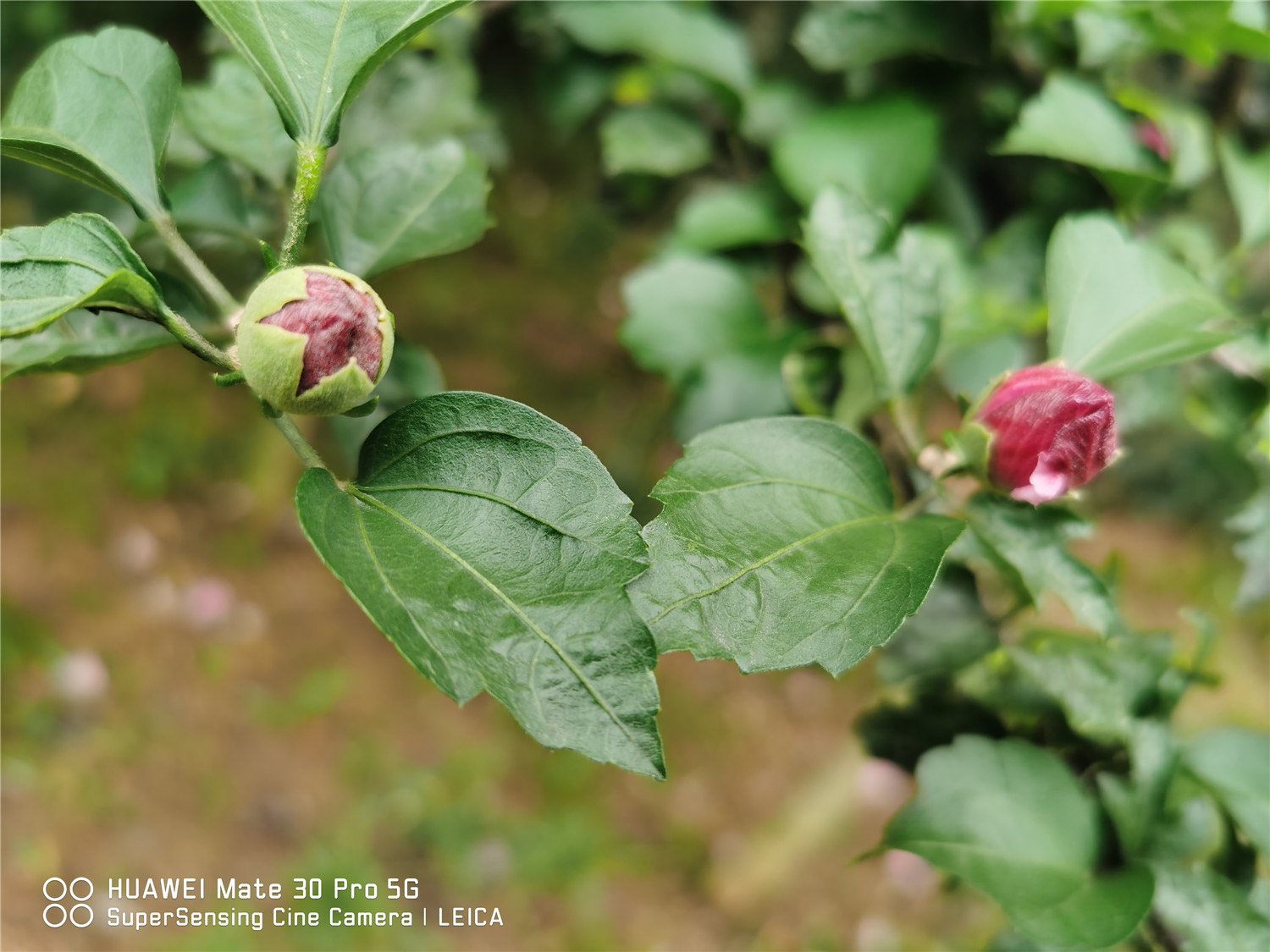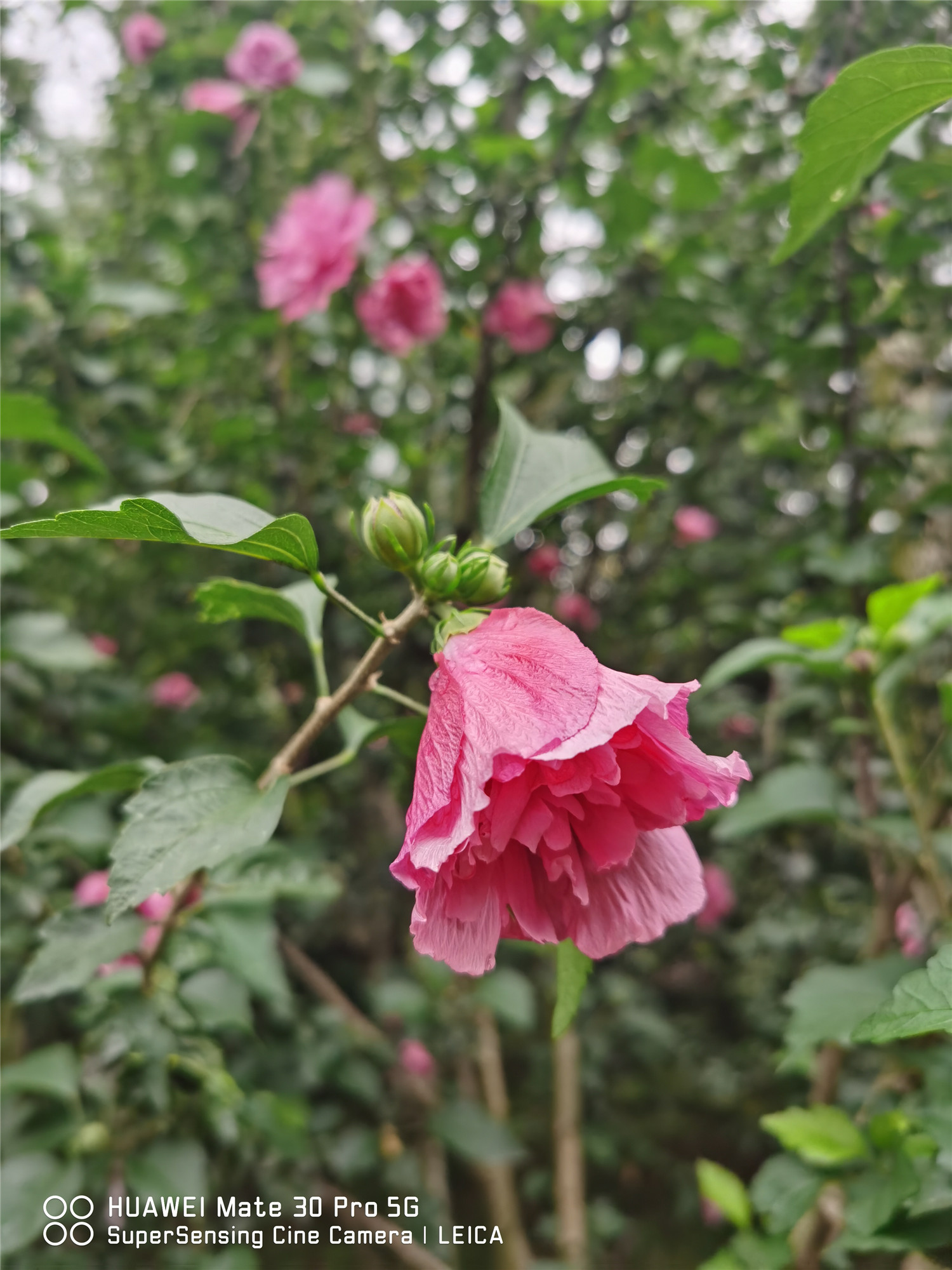1、 Breeding environment
1. Soil: it does not have high requirements for soil, but fertile and loose soil is more conducive to the growth and development of Hibiscus
2. Light: Hibiscus likes sunshine. During its growth, it should receive sufficient light, but it can't accept strong sunlight, otherwise it will cause harm to it. Shade it properly in summer, or put it indoors in a well ventilated place, so as not to dry the flowers and leaves
3. Watering: when the air is dry, water more, and control the watering amount. Pay attention to that there is no ponding in the flowerpot to avoid the phenomenon of rotten roots. If you water too much, discharge the excess water in time
4. Fertilization: fertilization should be applied during its vigorous growth period and before flowering, generally dominated by phosphorus and potassium fertilizer, which can ensure sufficient nutrients and be conducive to the growth of Hibiscus

2、 Breeding method
Cutting propagation: select strong branches, cut them into small sections of 15-20 cm, insert the branches according to the row spacing, and the depth is generally 10-15 cm. It is best to pour the soil into water according to the actual condition, and do not use base fertilizer during cutting

3、 Common pests
During its growth, there will be insect pests, generally aphids, red spiders, etc. after discovery, strengthen ventilation, and then prune the diseased branches, which can reduce the damage of insects to hibiscus and make it grow more healthily


 how many times do yo...
how many times do yo... how many planted tre...
how many planted tre... how many pine trees ...
how many pine trees ... how many pecan trees...
how many pecan trees... how many plants comp...
how many plants comp... how many plants can ...
how many plants can ... how many plants and ...
how many plants and ... how many pepper plan...
how many pepper plan...





























